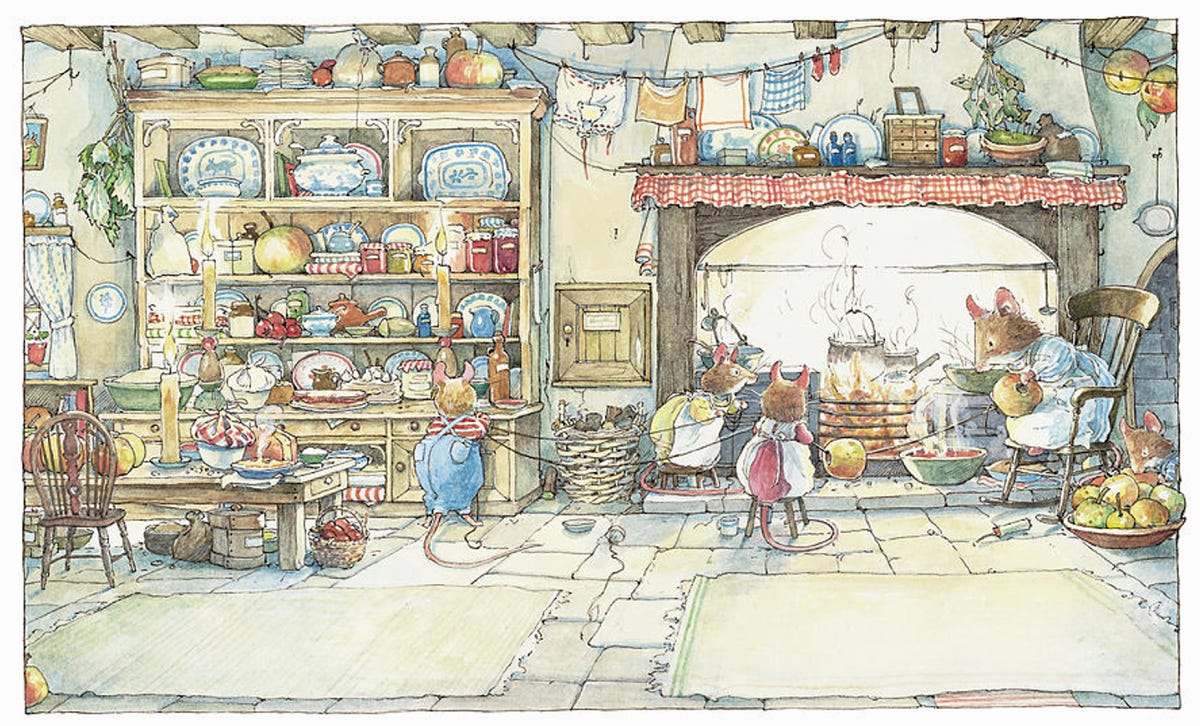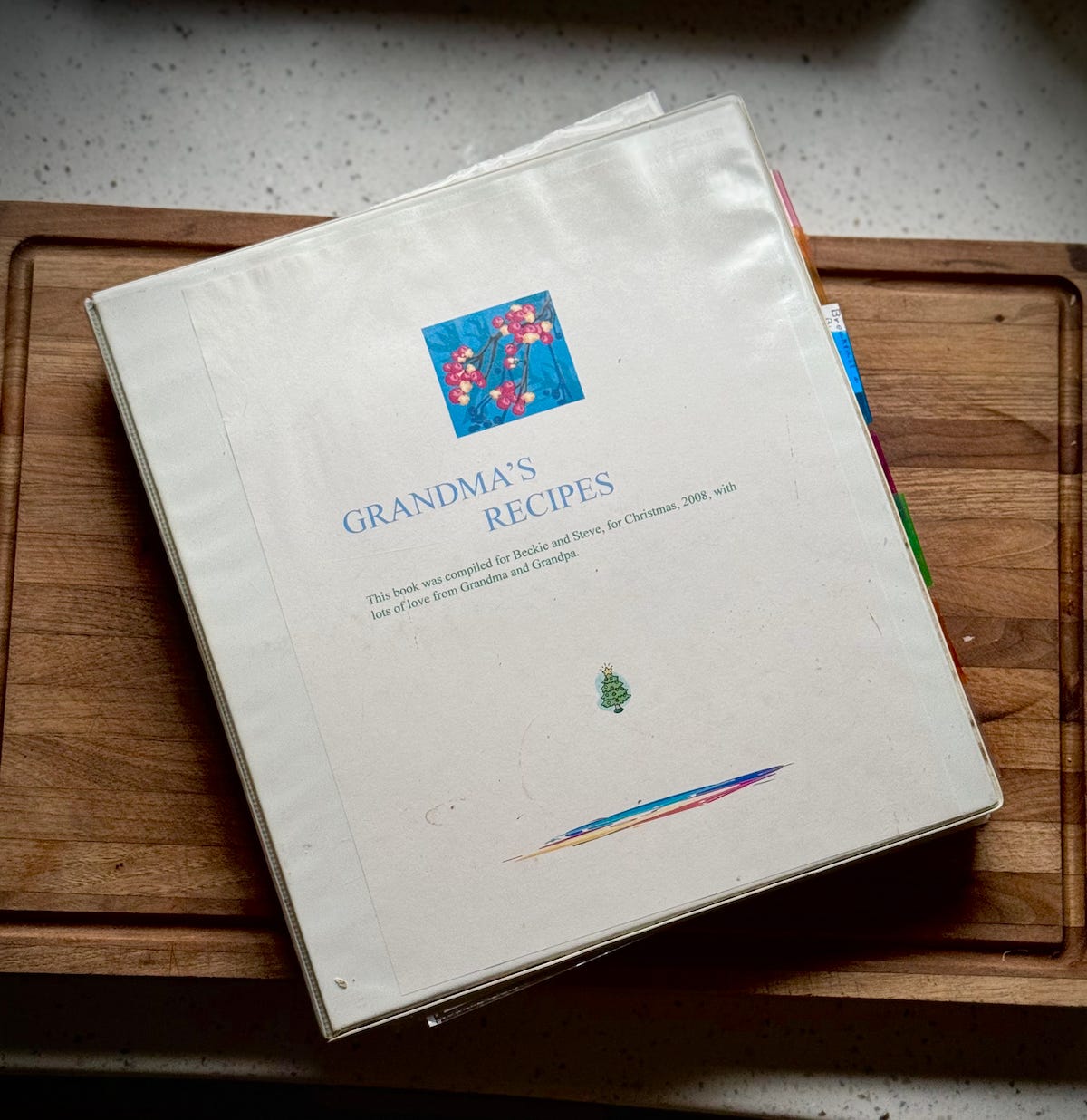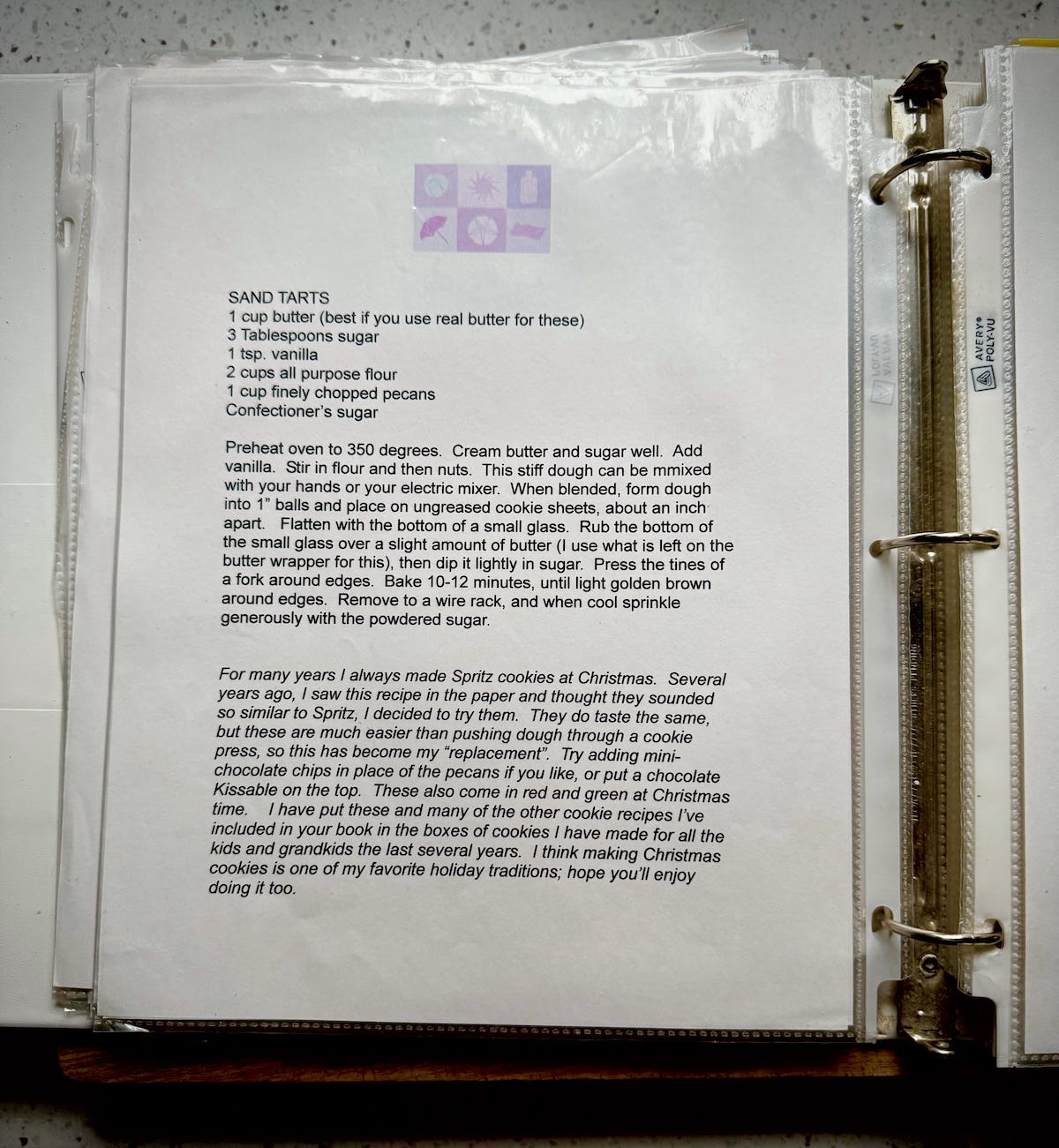

Discover more from Sunny Side Recipes

Last year, when I began my journey as a death doula, my instructor shared a story. It was a brief conversation really, passed down from doula to doula.
A doula working with the dying in hospice asked a woman who was staying there, “What’s it like to know you’re dying?”
The woman replied immediately. “What’s it like to pretend you’re not?”
The truth is, all of us are dying. Each sunrise brings us closer to our final sunset. And no matter where you live, what you do for a living, how much money you make, or how old you are, we all share the same destination.
That is not a morbid thought. It’s not even a sad one. The Stoic philosophers had a saying for it: memento mori. Which means, “Remember you must die.”
Rather than something to fear, an awareness of death can remind us that time is the only currency we ever truly have. It’s also an opportunity to live life to its fullest.
Death doulas come from many walks of life and each one offers something different to the people they are working with. I won’t go into the details about all of that here.
But at the core, all doulas are catchers of stories. They hear the memories people share as they prepare to say goodbye to a loved one. They listen while the dying share their thoughts and reminisce about times long gone.
Some doulas help people organize their affairs as they prepare for death. They may help them wrap gifts to be given to loved ones after they die, or record memories in a journal. In other instances, they might help people collect their recipes and stories.
If you are someone who adores food — someone who enjoys sharing the fruits of your labor with people you love — then you won’t be surprised to learn that many cooks and bakers actively preparing for death want to create a cookbook. Not to publish, but to share with family and friends. In this way, even after they are gone, the people they hold dear can still feel their affection.
When I learned about this, I immediately thought about a gentleman who had commented on a popovers recipe I shared years ago, back when I was a food blogger. (I’ve since moved that recipe to Substack.) He wrote:
“My mother made perfect popovers all the time when I was a kid. But she [passed] away and I’ve been struggling for years (decades?) trying to figure out why my popovers won’t rise. After yet another failure, I found your recipe… I carefully followed your directions this morning and made my first proper batch of popovers in many years. Thank you so much!!!!”
To this day, his comment warms my heart. I feel such gratitude to have been able to help this man rekindle cherished childhood memories. It’s the perfect example of how food can touch something deep within us, evoking memories of what it feels like to be loved and cared for.
Inspired by my death doula training, I began reflecting on what food has meant to my own family and decided to create what I like to call a ‘legacy cookbook.’ Am I terminally ill? Well, in a sense, yes — aren't we all? No one is getting out of here alive. But in another sense, no — I hope to have many years ahead of me.
Either way, this cookbook is my way of ensuring my family will always feel my love — even after I’m gone.
A legacy cookbook isn’t just a collection of recipes — it’s a way to pass on affection, memories, and connection through the dishes that tell your life story. It is a way to reach across time.
With this monthly series of posts, I hope to show you how to begin creating a legacy cookbook. You can start doing it now, bit by bit, over the course of your life.
In other words, I want to teach you how to catch your own stories.
How Will This Series Work?
Every month I’ll publish one post exploring an aspect of creating a legacy cookbook. I’ll draw upon my training as well as my experiences creating my family’s book. These articles will be available to supporting members of this newsletter.
I understand this topic may feel sensitive for some. So after this post, I won’t send new articles about creating a legacy cookbook directly to all my newsletter subscribers. Instead, I will share an update about the latest article in my end-of-month postcard. This way, if you’re not ready to explore this topic, you can easily skip over it. And when the time feels right, those who want to dive deeper can do so.
A Real Life Example
Recently, I was chatting with Rebecca Blackwell, the author behind “Let’s Get Lost.” I love her writing and recipes, all of which she creates in her RV as she travels around the country with her husband.
Eventually, we began talking about my legacy cookbook project — and she shared that her grandmother had put just such a book together before passing. Of course, this piqued my interest. So, I asked Rebecca if she’d be willing to share some of her experience with us. Luckily, she said yes! Below are some questions I wanted to ask about her family’s cherished collection of recipes, along with her gracious answers. Thank you Rebecca, for taking the time to share your story.
You mentioned in one of our conversations that the cookbook your grandmother made for your family is one of your most cherished treasures. What makes these recipes so meaningful?
My grandma was one of those people who showed you she loved you by feeding you. There was no such thing as a visit with grandma when she didn't feed you. This was true even when she came to you! Because of this, her recipes are all tangled up with memories. All of us can look at a recipe and remember at least one of the times she made it. About 2 weeks before she died, she was in the hospital and my son made a batch of snickerdoodles using the recipe in the book she gave us, and brought them to her. It wasn't about giving her cookies. It was about letting her know that we remember the hundreds of times she made those cookies for us.
You also mentioned that she made a copy of her cookbook for all her children and grandkids. Do you know why she was inspired to create this collection?
I think she felt that the recipes were her legacy. My grandpa helped her with the project and I can't imagine how many hours it took them to complete it. Grandma typed all the recipes out from her handwritten recipe cards and grandpa added cute clip art. Then they printed out enough copies for all of us and organized them in sheet protected pages inside spiral binders. One year the whole family got together for Christmas we all got one as a Christmas gift. It's hard to describe how deeply the book touched me. It felt like my grandma was handing me her life's work, which was caring for all of us.
What sort of information did she include with each recipe?
Some of the recipes are very sparse on details 😂 but every one has a couple of sentences at the top with a memory about when she made it or which ones of us liked it the most.
If you had to choose only one recipe from the cookbook, which one is your favorite and why?
That's a hard one! I think it would have to be one of her cookie recipes.... there were always cookies at Grandma's house. And every Christmas, we all got a tin filled with several different kinds of mini cookies. There were probably 8 or 9 different varieties in there. She must have started making them in July! I think I most loved her thumbprints and cocoa kiss cookies, and her simple sand tarts were impossible to beat.
Share Your Thoughts
I hope many of you will find this series to be meaningful and helpful.
I’m curious: Are there any recipes you make that remind you of a loved one, or of a time in your life you cherished?
Subscribe to Sunny Side Recipes
Well-tested recipes, philosophy, legacy cookbook tutorials, plus stories about this wild & precious life.













I love love love this! That you and Rebecca have linked up is amazing - my two Substack favorites! Immediately I think of a pound cake recipe that my father-in-law is famous for in the family. And my mom's fried pork ribs. I'd love to start putting something like this together for Max. Can't wait for more on this topic!
I am 77 and healthy, and I am right now getting all my recipes put together so I can leave them behind. My mother was English, and she often made roast beef and Yorkshire pudding. But her pudding was not the normal one. It was the consistency of cornbread, and everyone loved it. I saw (not really watched) her make it all the time, but I never learned how to make it. The recipe was not in her recipe book, so it is lost. 😢